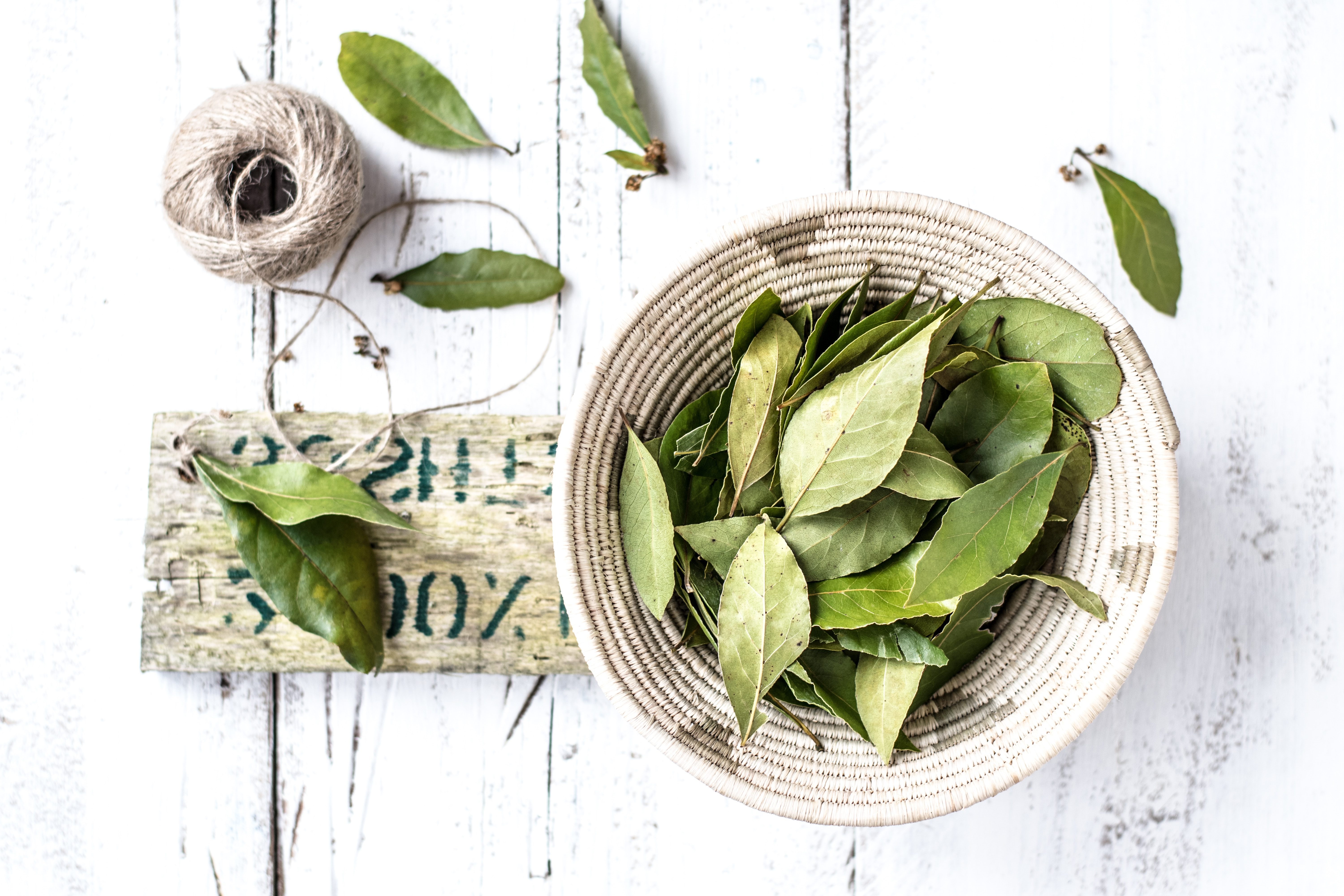Preface:
Every month*, I am diving into a health-related lifestyle or diet goal. [Diet used to refer to the overarching trend in what I eat and drink throughout my life rather than a temporary restriction with the goal to change something about my body.] At the beginning of the month, I will post about the experiment I am undertaking, why I have selected this experiment, any research I have done on the subject, and my expectations of the process. Throughout the month, a number of my posts will relate back to this subject for anyone interested in how this is represented in my everyday life. At the end of the month, I will post a recap of the experiment. How I felt throughout the process. The pros and cons of the experiment, and if relevant, if I am interested in adopting this as a long-term change in my diet or lifestyle.
*Since this month is over halfway over and because I started two distinct, important experiments at the beginning of November, I will post about two of these experiments:
- A short-term experiment, introduced yesterday with a recap post on November 30.
- A long-term experiment, introduced today with a recap post on December 31.
I am doing this for several reasons. The first experiment, giving up coffee, is something that cannot be done, then undone, then redone (spoiler alert, I am keeping this one). And the second one, regarding introducing herbs into my diet, requires long-term buildup to see any notable differences.

In honor of Halloween, I spent the month of October listening to Aaron Mahnke’s podcast series
Lore, which explores the tales of the unexplained, historical accounts of potentially supernatural events surrounding the topics of witches, vampires, werewolves, elves, etc. I also started listening to his series
Unobscured, which dives into the details of one topic among these subjects for an entire season, and this season is the Salem Witch Trials—one of my favorite subjects to study from American history. Inspired by all the talk of witches and in honor of Halloween, I watched the Chilling Adventures of Sabrina on Netflix.
Witches—until recently rebranded by pop culture as an average person living with magic powers without necessarily having to sign over one’s soul to the devil—are typically individuals who lived on the fringes of society who did not conform to the cultural norm. These “witches” often had knowledge of natural healing remedies and provided that knowledge to others. Today, individuals who would have been referred to as witches are more commonly recognized as healers, herbalists, doctors, etc. today because they use the power of nature to heal or prevent common ailments and illnesses. These healers possess knowledge that has been passed down for generations in traditional cultures that have been overshadowed by the multibillion-dollar pharmaceutical and fast food industries.
Different plants have different properties that can be used by the human body to fight off disease, decrease inflammation, increase arousal, provide more energy, etc. But this is information passed down through families more often than through formal education. Beyond the family, it is available for those who seek out the answers to their own questions. But what about for those people who do not know to ask? How do they discover that adding different herbs into their diet may eventually reduce their need for anxiety medication or may help regulate some of their hormones, helping them to reduce a hormone replacing therapy? What if the rise in autoimmune conditions can be curbed by changing the foods we put into our body every day? What if we could improve our health simply by adding a few additional spices to our meals?
Overview of my Medical Background
I am not a doctor, nor do I play one on TV. I have no medical training. My degree is in English, which may have provided me with some research skills, the ability to construct a solid argument—and deconstruct a feeble one, and to identify biases in studies, research, articles, etc., but it did not provide me with the necessary knowledge to give anyone medical advice, which is not my purpose here.
That being said. I also do not have a medical explanation for some of the symptoms I have been experiencing over the past several years. Maybe you or someone you know is in a similar situation**. I do not believe diet and exercise will eliminate all my symptoms. However, I do believe prioritizing these two things may help increase my overall quality of life; therefore, I consider it to be worth the time and energy investment.
**If you do have a chronic medical condition, it may be best to check with a medical professional before making dramatic shifts in your diet or exercise levels.]
I am also not an Herbalist
I talked myself out of looking into growing herbs and using herbs for cooking and for medicinal purposes because I do not understand their individual properties. I do not know which herb to turn to when cooking dinner or to treat a particular ailment. I have a 9-5 office job, and therefore, do not have time to research and learn about all these things I do not have the time or energy to grow and/or dry herbs. I do not know what a tincture is or how to make/use a salve.

Using Herbs Doesn’t Require an Expert
It may take a while before I learn the more technical aspects of using herbs in everyday life. I may never want to become an expert. Throughout the next six weeks, I will focus on adding a variety of fresh and dried herbs and spices into my diet through cooking, drinking tea, and mixing them into green juices.
If I feel they make a large enough impact on my life or if it becomes an area of particular interest for me, I will delve deeper into the properties of individual herbs and their uses for a more comprehensive look.
With the little research I have done, I have learned:
- Consuming herbs on a regular basis can improve your gut flora, increase immune function, and improve bodily functions.
- Some herbs, such as basil, oregano, parsley, cilantro, rosemary, etc. are easier to grow for beginners.
- Fresh herbs retain more of their beneficial properties than older herbs.
- Herbal remedies are not one-size-fits-all.

Ariel’s Beginner Steps for Herbal Use
In order to start this process, I took stock of the herbs we had on hand. Since we just moved to a new country, we left most the herbs we had and were growing with Jesse’s mom in Milan. All we had in the house were the few she drove some of our stuff up from Milan:
-
Oregano
-
Cinnamon
-
Turmeric
-
Paprika
-
Black pepper
-
Bay leaves
This is definitely a peculiar mix. We picked up the bay leaves for making posole last year and oregano because Jesse, despite his name, is Italian. Other than that, I am not sure why these were the ones we ended up with.
One of the incredible things about Brussels is the number of markets available to purchase spices from. So far, in honor of this experiment, I have purchased some dried herbs:
-
Coriander
-
Chili powder
-
Thyme
-
Pink Himalayan salt
- Cloves
And I bought and/or planted several easy-to-grow herbs to keep in our apartment:
-
Basil
-
Parsley
-
Rosemary
-
Cilantro
- Mint
-
Sage
I also picked up several types of herbal tea that sounded inspiring to help with my coffee detox. As I mentioned, I am not an expert on which herb is used for what use, but I am aiming to increase the variety of herbs in my diet over time to boost my overall immune function, to diversify my gut flora, and hopefully see an overall improvement in my quality of life if not just an overall improvement in the quality of my food.

Expectations
Over the next month, I will conduct some research on different herbal properties, introduce different herbs to my diet and life in general in the hopes of seeing some kind of benefit beyond creating more appetizing meals. Throughout the month, I will grow my own herbs, use them in my cooking, drink herbal teas, and determine whether or not I notice any differences in my health or quality of life by incorporating them in my diet.
By the end of December, I will determine whether or not I want to dive deeper into the topic, but for now, these are my first steps on this journey.





